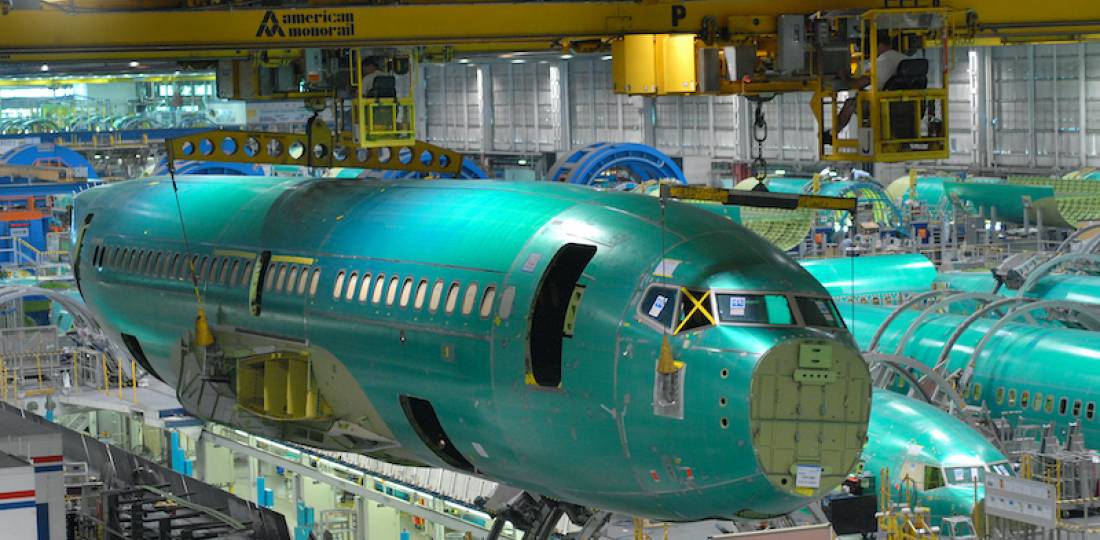
In a major reshaping of the aerospace manufacturing landscape, Boeing will acquire Spirit AeroSystems in a landmark $8.3 billion deal, reflecting a strategic move to enhance safety, quality, and supply chain stability. This acquisition, emphasized by Boeing President and CEO Dave Calhoun, aims to realign and integrate Spirit’s operations with Boeing’s overarching commitment to safety and quality. The deal, structured as an all-stock transaction valued at approximately $4.7 billion in equity or $37.25 per share, also includes taking on Spirit’s reported debt.
Calhoun articulated the strategic importance of the acquisition, stating, “We believe this deal is in the best interest of the flying public, our airline customers, the employees of Spirit and Boeing, our shareholders and the country more broadly.” He highlighted the reintegration of Spirit into Boeing as a significant step towards unifying their commercial production systems and workforce under shared priorities centered on safety and excellence.
The acquisition will encompass the majority of Spirit’s Boeing-related commercial operations, along with various defense and aftermarket sectors. This move is seen as crucial for Boeing, especially in light of recent quality control challenges, including an incident involving a door plug on an Alaska Airlines Boeing 737-9.
Concurrently, Airbus has also struck a deal with Spirit, signing a binding term sheet to acquire specific commercial work packages once the Boeing-Spirit merger is finalized. This includes operations critical to Airbus such as the production of A220 wings and mid-fuselages in Belfast, A220 pylons in Kansas, and A350 fuselage sections in North Carolina. Airbus will pay Spirit AeroSystems $559 million for these assembly lines, marking a significant investment in expanding its manufacturing footprint in key geographic areas.
Furthermore, Spirit plans to divest certain operations not acquired by Airbus, including facilities in Belfast, Northern Ireland; Prestwick, Scotland; and Subang, Malaysia.
Both the Boeing acquisition and the Airbus purchase are subject to regulatory and shareholder approvals, with a projected completion date for the Boeing transaction in mid-2025. These strategic moves by Boeing and Airbus not only reshape their own production capabilities but also signal a significant realignment in the global aerospace manufacturing sector.







